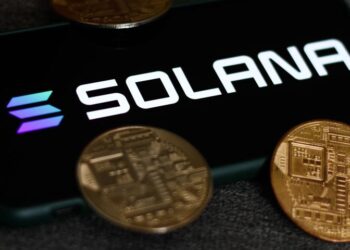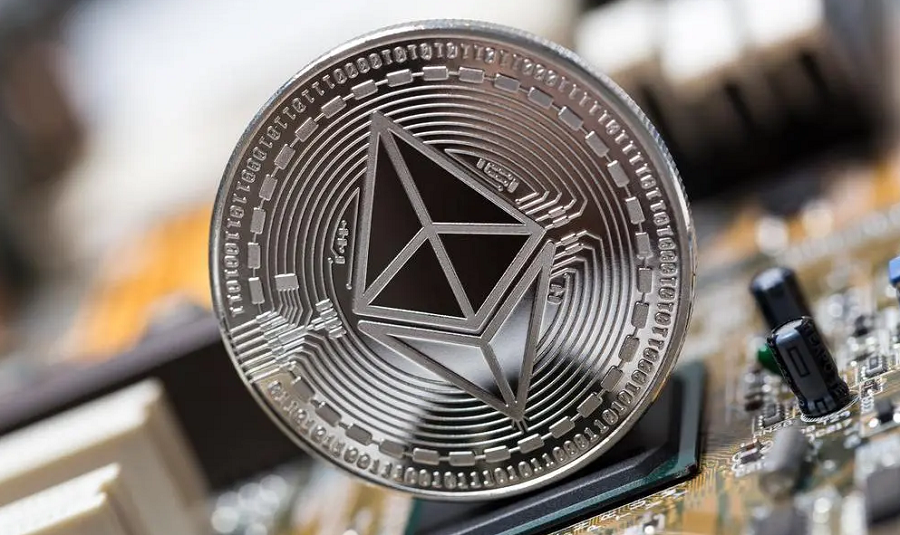Ethereum fees surged to record highs caused by the recent cryptocurrency market downturn, with users paying more than $2,000 to execute transactions at their peak.

Dune Analytics
READ: 5 Cryptocurrencies to buy in this current market dip
What are gas fees?
Gas refers to the fee or pricing value required to successfully conduct a transaction or execute a contract on the Ethereum blockchain platform. It is priced in small fractions of the cryptocurrency ether (ETH) and it is commonly referred to as “gwei” (a denomination of the Ether cryptocurrency). Gwei is also sometimes also called “nanoeth.”
The gas is used to allocate resources of the Ethereum virtual machine (EVM), so the decentralized applications such as smart contracts applications on the network can self-execute in a secured but decentralized fashion. They are transaction fees for operating on the Ethereum network. They are very similar to traditional bank charges for transferring money from one account to another.
READ: Worse than March 2020? Cryptocurrency market capitalization crashes again
Why was the gas fee so high?
As a result of the cryptocurrency market dip, many panicky traders rushed to sell their crypto stakes while others tried to take advantage of the low crypto prices to acquire some coins. This caused serious network congestion that ultimately propelled the gas fee to be as high as $2,300, just to execute an order on the network.
In the May 19 Daily Gwei newsletter, Ethereum developer Anthony Sassano speculated the fee frenzy was likely triggered by on-chain margin traders racing to exit their leveraged positions stating: “The price was falling so fast that people were getting scared for their on-chain leveraged positions and were willing to pay anything to get their transaction included in the next Ethereum block (presumably to close their positions).”
READ: Top 5 eco-friendly cryptocurrencies
Silver lining?
The Ethereum network has upcoming layer 2 solutions that are moving the network fully from a Proof of Work (PoW) to a Proof of Stake (PoS) consensus platform. They also have a London Hard Fork upgrade, dedicated to solving the gas fee issue. Both upgrades are expected to ultimately solve the high gas fee issue plaguing the network.






















